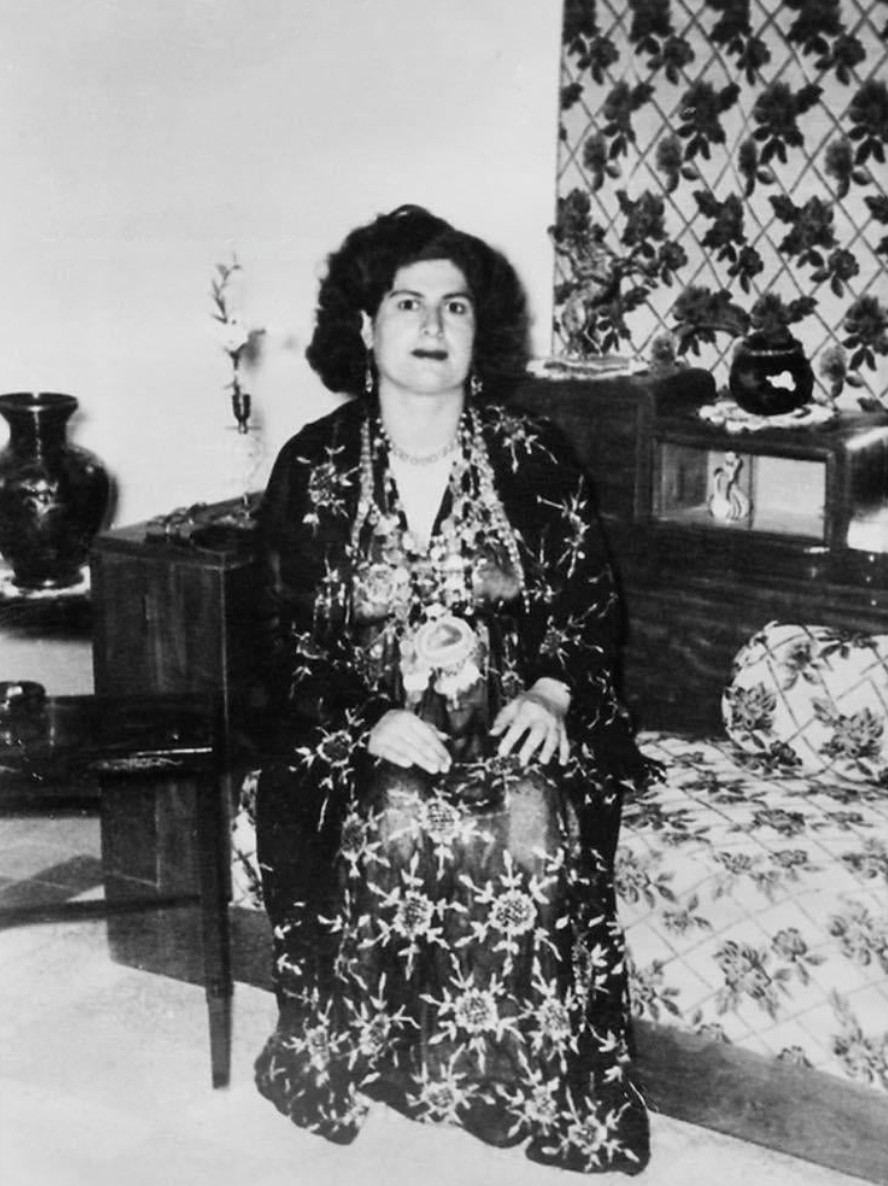Expatriates wield considerable influence in their host countries. By maintaining a link to their culture of origin, they can represent their home country through their activities and daily lives, something that is more possible in open democratic systems that grant political rights to migrants. This is significant for Kurds, as they lack their own state and do not have many formal channels of representation, limiting the ways in which they can influence world affairs.
Other diasporas, such as the Armenian, Greek, Jewish, Lebanese, and Turkish communities, are deeply engaged in political activities abroad, providing examples and experiences from which the Kurds can draw lessons.
The opportunity to influence global policy through diasporic activities is most pronounced in the United States – since lobbying activities are common and the country plays a major role in Middle East affairs – but other Western democratic countries offer possibilities, albeit in different ways. In this regard, it is essential to understand the socio-political culture of the host country to grasp these possibilities, as well as the limits, of lobbying and other political activities.
Facing persistent persecution at home, the Kurdish people have had no choice but to seek refuge abroad, particularly in Western European countries, the United States, and Australia. The first generation usually faces enormous challenges in adapting to the cultures of their host countries, which ultimately limits their influence on politics both in their newly adopted countries and in Kurdistan. However, the second generation, having grown up in diverse societies and embracing different cultures, holds the potential for a more effective and influential role, if their efforts are consolidated and wisely directed.
Representing Kurdish society as a whole
In today’s global world, where the movement of people and goods is rapid and massive, many countries are changing their laws in order to maintain a connection to their diasporic communities, whether through offering dual citizenship and cultural and linguistic support, or incentivizing talented individuals to return to their homelands.
But the ease of maintaining links with one’s homeland might have negative effects as well. For instance, partisan divisions in Kurdistan persist among the diasporic Kurds and have hindered their unity, especially in the early stages, and from representing Kurdish society as a whole. Therefore, in order to establish a cohesive entity dedicated to lobbying for Kurdistan on the international stage, certain considerations must be taken into account.
Founders of a diasporic institution should boast a reputable background, hold respected positions in society, and remain unaffiliated with specific parties or ideologies.
The institution must operate independently, free from political party involvement, to ensure that its sole focus is on serving the best interests of the Kurdish people.
In securing funding for the institution, members should explore methods to prevent political influence through financial support, such as regular contributions from members or donations from expatriate Kurds. This approach ensures independence in organizing cultural, artistic, and political activities that are free from donor influence.
Prioritizing Kurdish youth is vital, as they have grown up and studied in these host nations. They should take a leading role in every event.
Finally, the institution’s messaging should have an international focus while also addressing local problems and issues, without excessively fixating on one or the other.
By adhering to these principles, an entity can be established that effectively represents the Kurdish diaspora and advocates for the interests of the Kurdish people on the global stage.

